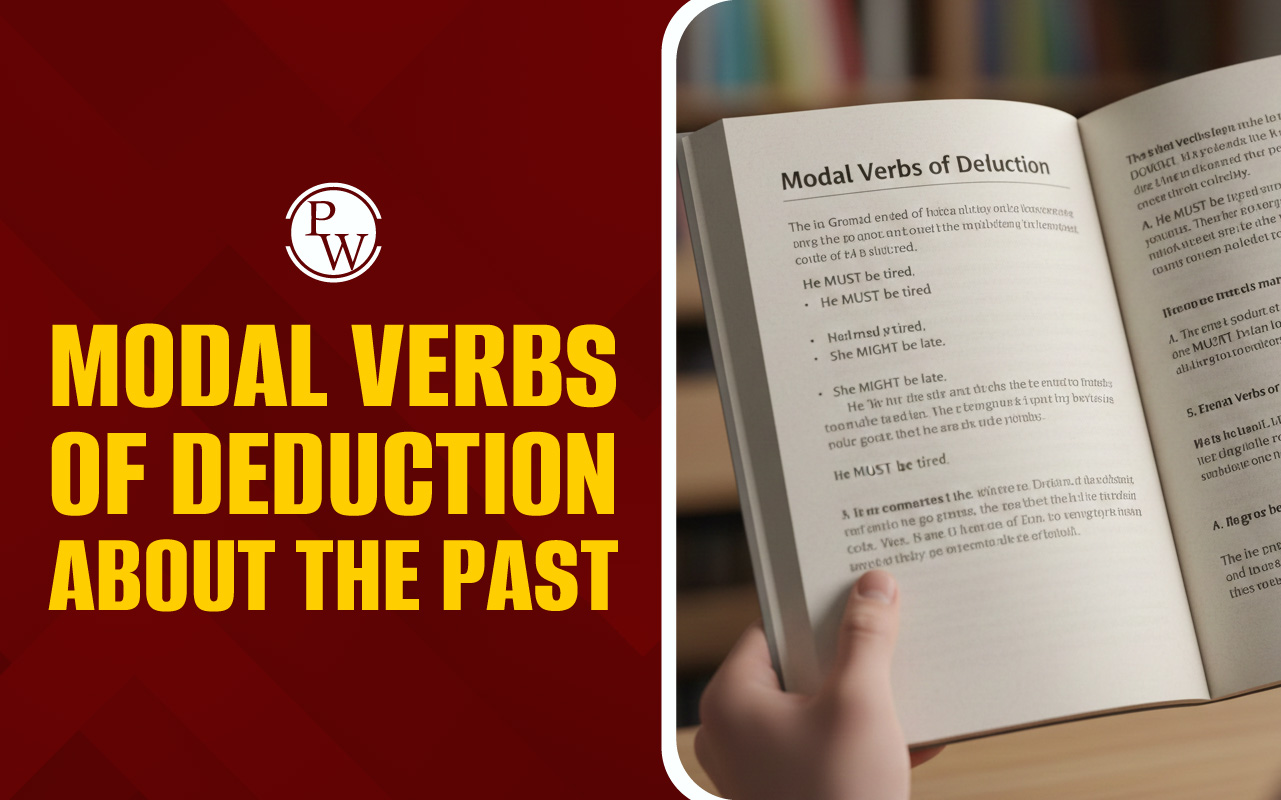
IELTS Letter Writing Essential tips: The IELTS Letter writing tests your ability to write letters for several purposes, including filing a complaint, requesting information, or providing clarification. Consider these IELTS Letter Writing Essential tips to improve your General Writing Task 1 score.
Explore IELTS Online Courses
IELTS Letter Writing Essential tips
The basic requirement for achieving a high IELTS General Training Writing Task 1 score is using the appropriate strategy and technique. You will be able to perform at your highest level after you are aware of all the appropriate strategies.
You can master the art of writing letters to achieve the ideal score you desire for your qualifying requirements by using the IELTS Letter Writing Tips that follow.
1. Find the Type of letter
Understand the situation and the person you must write the letter to after reading the directions and the question. This will help you understand the letter types. You will be required to write a letter using any one of the three-letter formats. They are as follows:
2. Identify the purpose of the letter
You have to understand the reason behind writing the letter after determining its type. You have to change the tone and word form according to the goal. See the following examples for a better understanding.
|
Purpose of Letter |
|
|
Letter Type |
Purpose |
|
Formal |
|
|
Semi-formal |
|
|
Informal |
|
3. Letter Writing Format
You will receive the desired band score on your IELTS general writing exam if your letter has the ideal format. It is important to divide your letter into different paragraphs to make an impression on your examiner. Three standard paragraphs make up the basic format of a letter. They are as follows:
Introduction
Greetings, Sir or Madam Dear Andy, Mr. Krishna
Main body paragraphs
These include the objective, details, recommendation, action, etc.
Conclusion
Sincerely, Yours faithfully, Yours truly, Best wishes, See you, lots of love.
4. Opening of the formal, semi-formal, and informal letter
If the letter is professional or semi-formal, start with a greeting or appropriate salutation and the purpose for writing. If the letter is informal, start with a salutation and question about the recipient's health. Keep in mind that if you don't know someone, you shouldn't use nice language. Let's study a few examples of each of the three categories.
|
Openings of formal, Semi-Formal, and Informal Letter |
|
|
Types of Letter |
Opening |
|
Formal letter |
Dear Sir/Madam,
|
|
Semi-formal letter |
Dear Mr. Nirmal,
|
|
Informal letter: |
Dear Sir/Madam,
|
5. Mention the details of the letter
Writing a letter can be used to express a request, an apology, a recommendation, a job application, etc.
6. Closing of the formal, semi-formal & informal letter
The most important parts of every letter, either professional, semi-formal, or informal, are its introduction and conclusion. Remembering the Letter writing format can help you make the ideal closing sentence.
7. Vocabulary or lexical resource
The IELTS general writing task 1 includes vocabulary proficiency or vocabulary resources as one of its marking factors. The number of words the student used will influence their IELTS band score. Students need to use more complex and unique language in their letters, whether they are professional, semi-formal, or informal if they want to receive a band score of 8 or higher. Regular practice will help you easily increase your vocabulary for the IELTS general writing task 1.
8. Grammar accuracy & spelling
Grammar and spelling are two eyes of the IELTS General Writing task 1. A minor spelling or grammar mistake might have an important effect on your score. It is also important that you pay closer attention when writing your letter, proofread it twice, and fix any errors. Increase your score by using a broad range of word types and language formats.
9. Practice sample letters but do not memorise
There are numerous examples of IELTS general writing task 1 online. All of those are provided to help you understand the structure, format, and flow of writing. Practice the examples to get a feel for the work, but do not commit the samples to memory. Memorizing will not help you in any situation. Regular practice will help you finish the task efficiently.
10. Readability
Writing is important for improving the letter's appearance and readability. Stay clear of scribbling, hitting, and overwriting. Plan your letter before you write it to avoid these errors.
Also Check:-
Common Mistakes to Avoid while Writing IELTS Letter
Here, we'll look at common IELTS writing mistakes and offer helpful advice on how to avoid them.
Lake of Task Response
IELTS writing mistakes can occur when the work requirements are not properly addressed. Some students might not follow the prompt exactly or might not answer every part of the question. Avoid this by carefully studying the task, highlighting important words, and making sure your answer relates directly to each question part.
Neglecting Consistency and Continuity
Writing for the IELTS requires effective communication. Some students have trouble putting their thoughts in a logical order, which makes their letters unclear. Logically connect sentences and paragraphs by using consistent methods like linking words and transitional phrases. This improves your letter's overall coherence.
Ignoring Word Count
Every writing task on IELTS has a word count requirement. A lower band score can be the consequence of exceeding or falling short of the allotted word count. Always keep an eye on the word count, and write within the allotted limit to get a feel for how much information you can include in the answer.
Overlooking Grammar and Vocabulary
Your writing score can be affected by grammatical mistakes and a small vocabulary. Develop your vocabulary and practice grammar regularly to improve the precision of your ideas. Use complex structures carefully, it's better to show accuracy with simple words rather than run the danger of making mistakes in grammar with ones that are too complicated.
Insufficient Proofreading
A lot of students overlook how important it is to rewrite their letters before turning them in. Grammar, spelling, and typos issues are readily overlooked if you don't take the time to proofread your work. Give yourself a few minutes at the end of the exam to carefully read and rewrite your letter.
Also Check:
PW Guidance for IELTS Examination
Remember that a high IELTS band score might boost your chances of admission to the world's top universities. This is your chance to demonstrate your proficiency in English and make a crucial move toward your goal of studying abroad. To cover every topic and get the required band score, students must follow a structured preparation plan. PhysicsWallah provides online IELTS courses along with a structured approach to preparation.
|
IELTS Writing Task 1 Related Links |
|
IELTS Letter Writing Essential Tips FAQs
Q1- How to write cohesive letters in IELTS General Writing Task 1?
Q2- How to get 8.0 in IELTS Writing?
Q3- What is the duration of the IELTS Letter Writing Task?
Q4- How long should my IELTS letter be?
Q5- What are some key tips for improving my IELTS letter writing?







